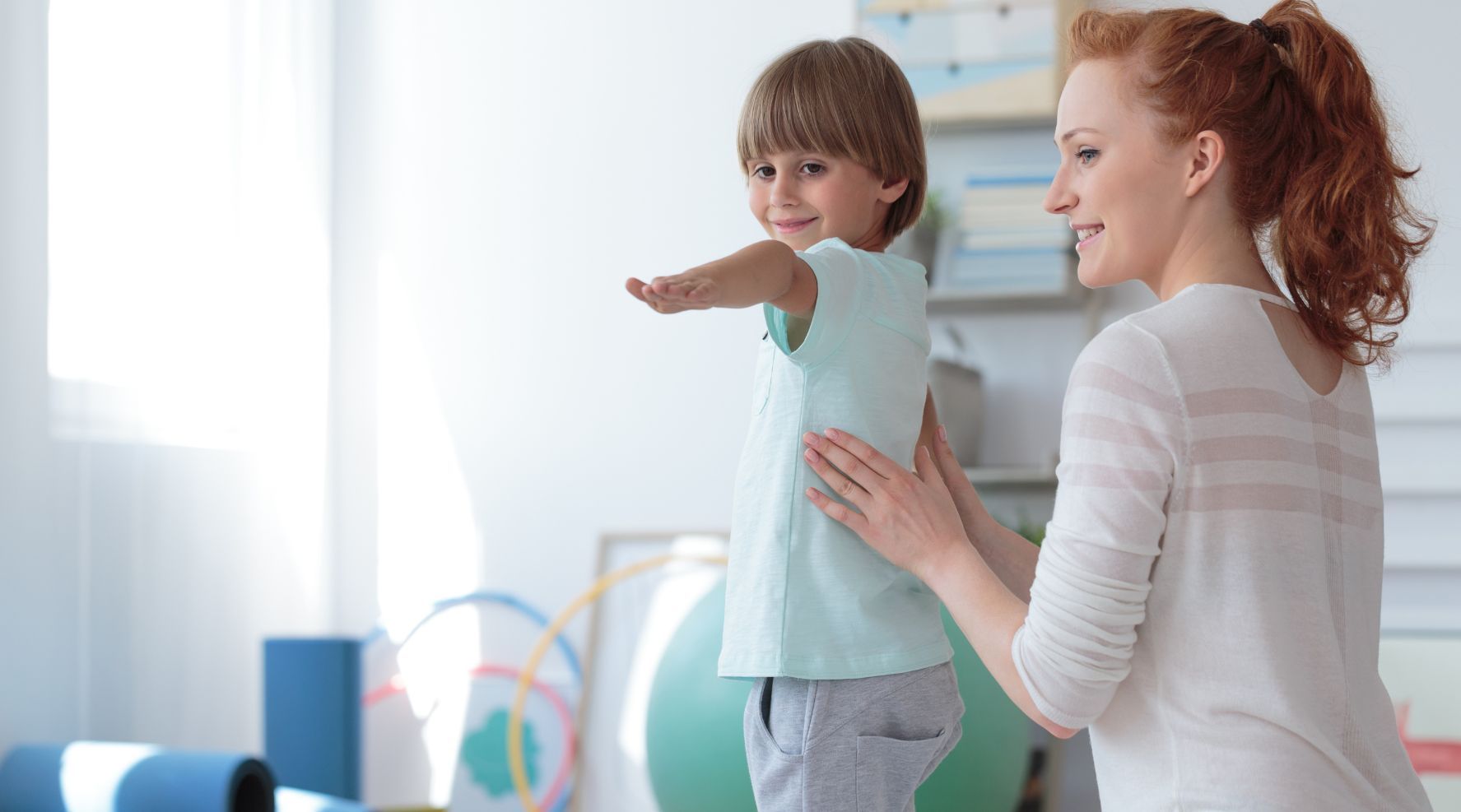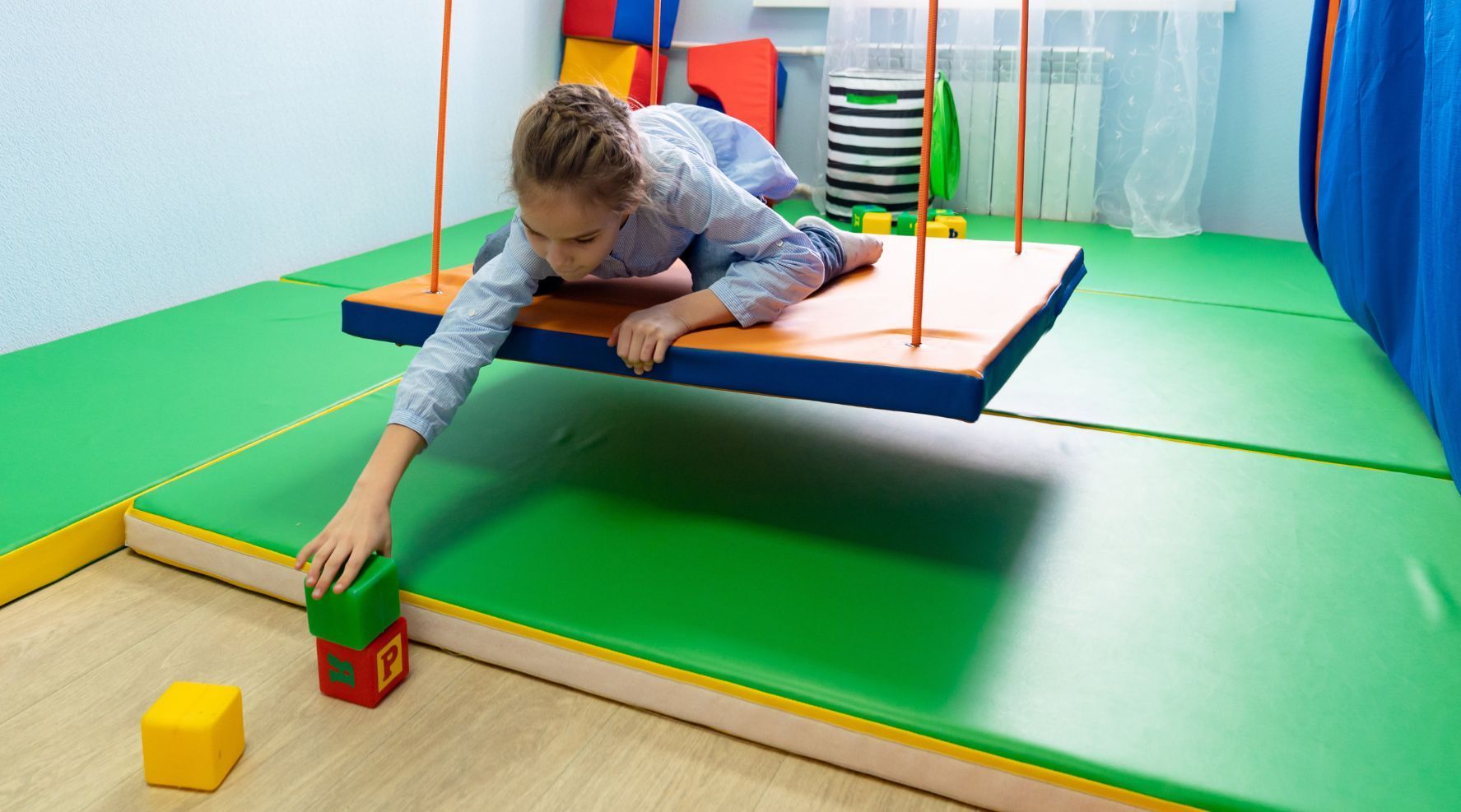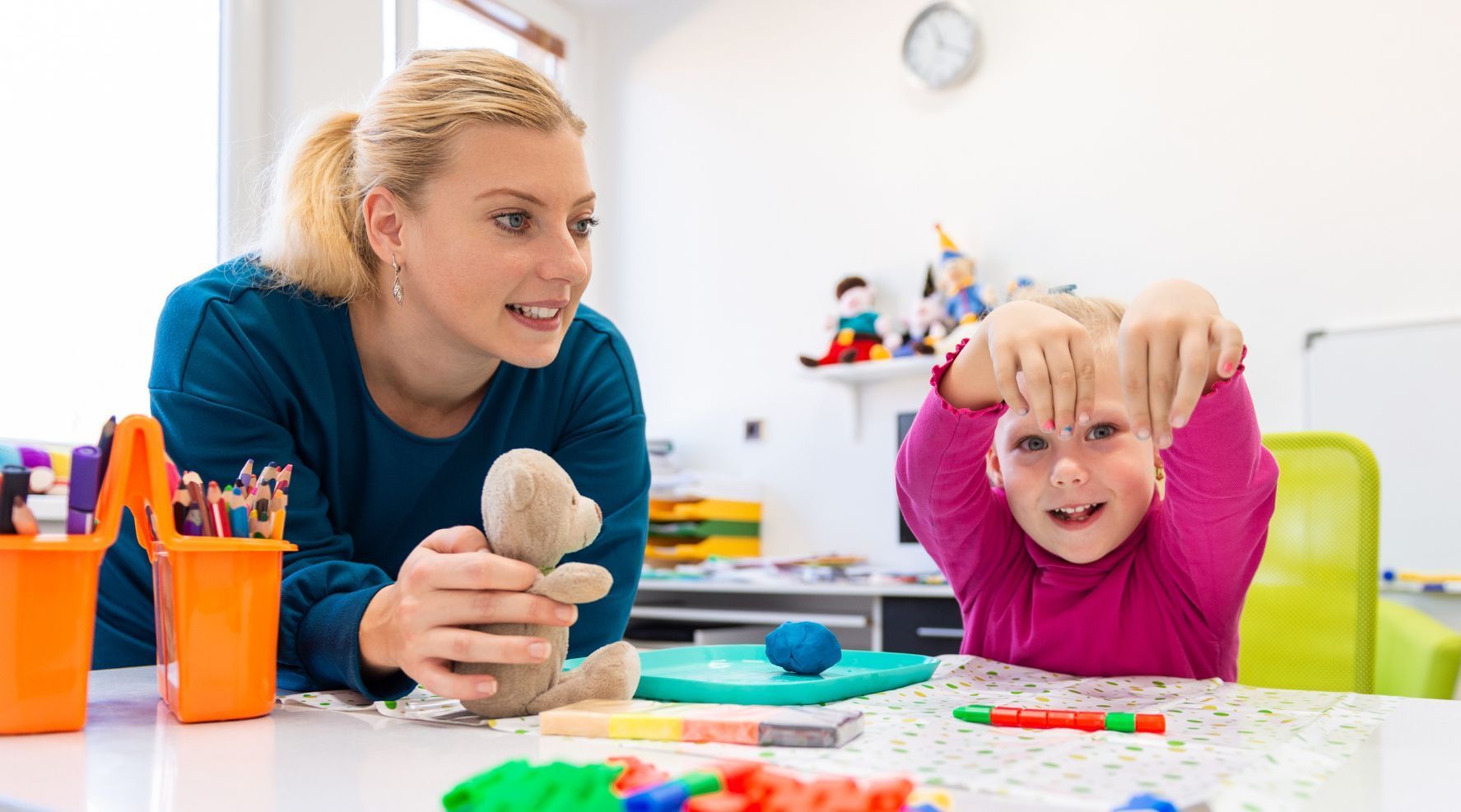How To Throw A Great Autism-Friendly Birthday Party
Birthday parties are too often more important to parents marking milestones than they are to the child they’re celebrating. Birthday parties are a social ritual that parents manage, either because their child received an invitation to one or because parents have planned a party for their own child. Additionally, parents must help their children through the pain of being excluded from other children’s birthday celebrations on occasion.
All these scenarios are supercharged with stress for parents of autistic children. Parents of neurotypical children also face the challenge of including their children’s autistic classmates. And it is likely that there will be autistic classmates, as according to the CDC, 1 in 44 children in the US is on the autism spectrum.
Considering the range of disabilities and functional needs likely represented in your child’s peer group, it’s worth hosting an autism-friendly party that’s inclusive of all kids. Parents of children with differences are the best advisors on how to throw a great autism-friendly birthday party that will successfully include their kids.
Because you are likely already familiar with the parents of other disabled kids who you invited to attend the party, talk to those parents well in advance! Take the opportunity to learn about their child’s specific sensitivities and needs so that you can plan a party with as few triggers as possible for all the kids attending.
Address Social Issues Early
Kids at school will inevitably talk about the parties they plan to attend or what they did at a birthday party over the weekend. If your child wasn’t invited, you might not find out about it until they get home, irritated and distraught.
When kids reach birthday party age, it seems like someone is having a celebration every other week. Get in front of the issue by talking to your child about how families simply can’t accommodate everyone or how some kids prefer a smaller party.
For autistic kids, a dozen loud kids running around could cause a meltdown. Work with your child to plan your guest list carefully, and invite only those friends that you know demonstrate kindness and respect each other’s differences.
For neurotypical children’s parties, please don’t trim the guest list simply by excluding all the kids with differences. Make an honest assessment of the accommodations you’re able to provide, and invite the kids your child regards as friends. This choice may mean refraining from inviting some children just because you know their parents or because they are the most “popular” kids at school.
Look Critically Around Your Home
Is your home wheelchair accessible and safe for blind or deaf kids? Are you aware that some physical games can be unsafe for someone with Down syndrome? Some people with Down syndrome have a condition called atlantoaxial instability (AAI), which means that the joint between the upper spine and the skull is “loose.” This makes some kinds of sports or activities dangerous, especially for kids. If a child with Down syndrome will attend, talk to their parents first to make sure you understand any physical limitations or symptoms you need to be aware of.
Food Issues
In addition to asking about food allergies on the invitation, poll parents of all the kids who might attend to learn about food sensitivities or difficulties with eating. Some kids with physical disabilities may only be able to safely take liquids, while others are at risk of aspirating their food unless they have knowledgeable assistance. Some parents may be hesitant to allow their child to attend the party unless a caregiver comes with them. Reassure parents that parents, aides, or caregivers are welcome.
Pizza, cake, and ice cream are not necessarily required, especially if kids who can’t tolerate them are attending. If you plan to serve something a guest can’t have, ask their parents what a satisfying substitute would be. Remember to provide it in an unobtrusive way so that the child doesn’t feel singled out.
Goody Bags
Think about whether you’ll hand out goody bags, and if so, what you’ll put in them. Food sensitivities may extend to sugary candies, artificial colors, or mini foods that present choking hazards for some disabled kids. Small noisemakers could also trigger autistic kids.
It’s also crucial to consider how the party guests might react to certain characters or themes. Some kids are so obsessed with—or afraid of—particular children’s television or film characters that they’ll react unpredictably to seeing them at the party. Try to keep goody bags neutral and identical while keeping tastes, textures, and choking hazards in mind.
Sensory Retreat
A great autism-friendly birthday party will offer a quiet place for autistic kids to retreat to if they feel overwhelmed. It can be as simple as a toy tent or a guest room with softer lighting, gentle music, and a weighted blanket. It’s important to give children permission to step away as needed, even if they’re the one the party is for. Large events can become overwhelming for anyone, and time in a neutral, cozy space can ease anxiety or overstimulation.
Venues
Your community may have invested in an autism sensory playground that is welcoming to kids with autism. Such playgrounds will have fences or barriers to keep kids from wandering and equipment that is soothing to autistic kids, such as swings, jumping pads, monkey bars, and roller slides. Spaces such as playhouses, pretend caves, or cubbyholes can also allow kids to take a break.
Indoor party rental spaces may also offer swings, crash pads, and autism-friendly obstacle courses for kids to play on safely. Commercial party spaces must be ADA (Americans with Disabilities Act) compliant. This requirement means the space will have wide doorways and ramps for wheelchair users, accessible bathroom stalls, and signage in braille.
With these tips in mind, you can host a fantastic autism-friendly birthday party that celebrates an autistic child’s interests while avoiding triggers for other kids who will attend. Remember to coordinate with other parents to discover more about your child’s friends and what you can do to throw the best party possible.





